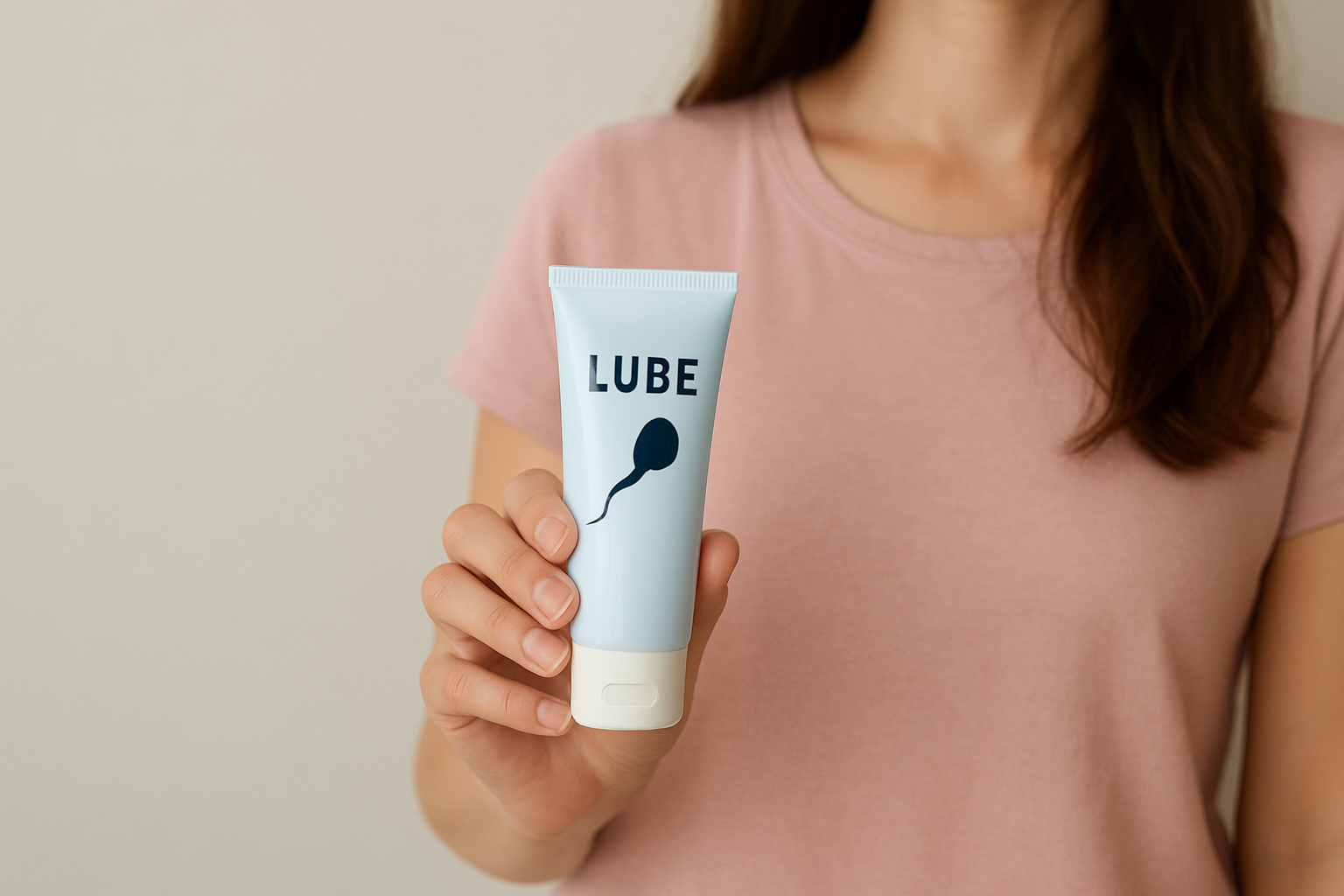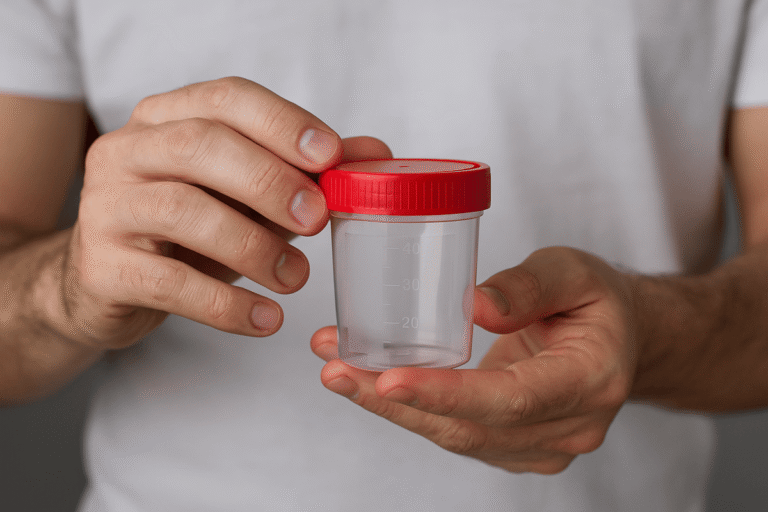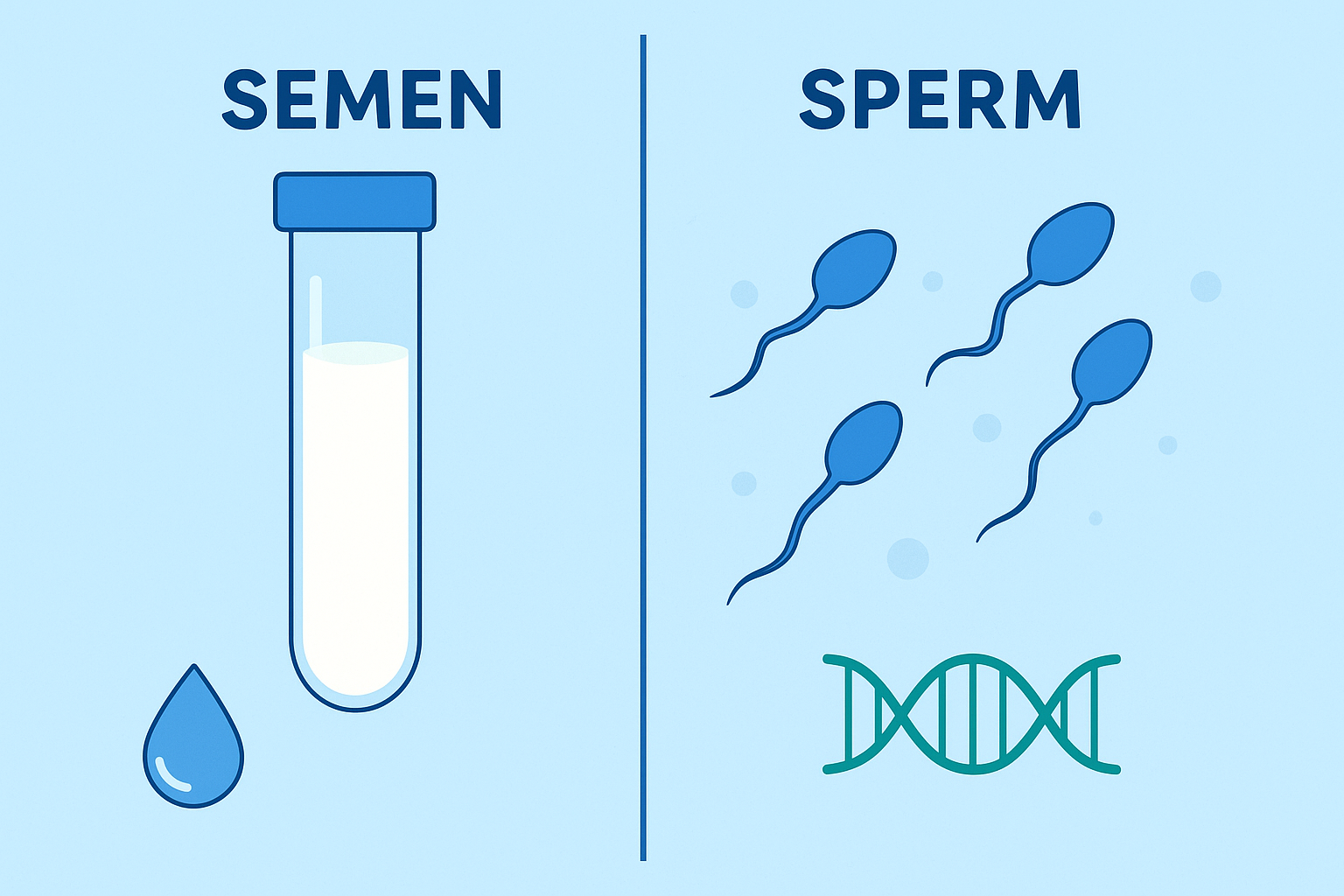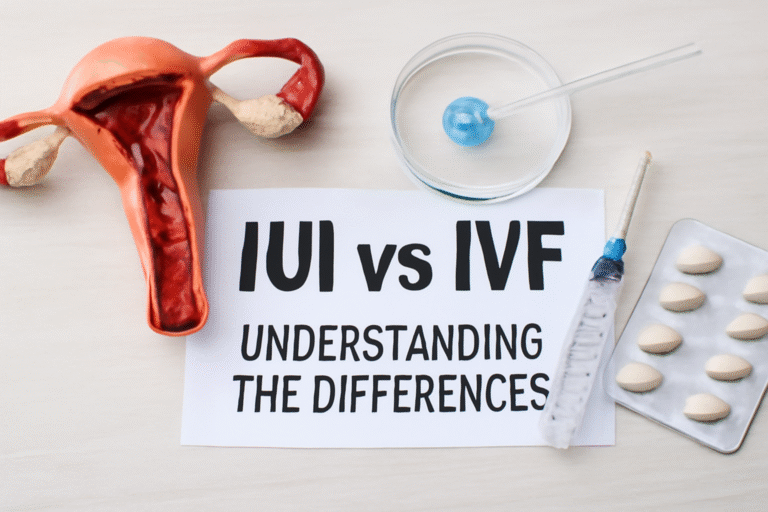When couples are trying to conceive (TTC), every small decision can feel important—from tracking ovulation to adjusting lifestyle habits. One question that often arises but is not discussed enough is the topic of lubrication. While lubricants can help with comfort and intimacy, not all are created equal when it comes to fertility. Some standard products may actually harm sperm, making conception more difficult. That’s where a sperm friendly lube comes in.
In this article, we’ll explore what sperm friendly lubricants are, how they differ from regular lubes, the science behind them, popular brands, and tips for choosing the right one if you’re on your fertility journey.
Also read: FSH Hormone Basics: A Simple Guide to Hormones and Conception
What Is a Sperm Friendly Lube?
A sperm friendly lube, also known as a fertility-friendly or sperm-safe lubricant, is specially designed to support sperm Survival and motility. Unlike standard lubricants, which may contain ingredients that slow down or damage sperm, these products mimic the body’s natural cervical fluids.
- pH balanced → healthy sperm thrive in a slightly alkaline environment (around 7.0–8.5).
- Isotonic → maintains the right balance of salts and fluids so sperm cells don’t burst or dehydrate.
- Free from harmful additives → no parabens, no glycerin (which can cause sperm clumping), and no spermicides.
Think of a sperm friendly lube as a supportive environment where sperm can swim freely on their way to the egg.
Why Regular Lubricants May Be a Problem
Many over-the-counter lubricants are designed purely for comfort, not conception. The problem? Some of their ingredients create a hostile environment for sperm.
- pH too acidic: Vaginal products that are overly acidic can damage sperm.
- Osmolality imbalance: Some lubes draw water out of sperm cells, making them less mobile.
- Glycerin and parabens: These can cause sperm to clump together or reduce motility.
- Spermicidal agents: Some standard lubes are actually designed to kill sperm (the opposite of what you want when TTC).
This doesn’t mean regular lubes are unsafe in general, they work fine for intimacy but if your goal is conception, they’re not the best option.
Benefits of Using Sperm Friendly Lube
Switching to a sperm friendly lubricant during your TTC journey can make a subtle but meaningful difference.
- Supports Natural Fertility – By mimicking cervical mucus, sperm friendly lubes make the environment more hospitable for sperm.
- Improves Comfort – Vaginal dryness is common, especially when couples are timing intercourse for fertility. These lubricants reduce discomfort without compromising fertility.
- Maintains Sperm Motility – Instead of slowing sperm down, they allow free movement toward the egg.
- Reduces Stress – Many couples trying to conceive report that intimacy can become mechanical. Using a comfortable, fertility-safe lube may help bring ease back into the process.
How Sperm Friendly Lubes Work
The magic of these lubricants lies in their formulation. Let’s break it down:
- pH Matching: Semen naturally has a slightly alkaline pH. A fertility-safe lube stays within that range to prevent sperm damage.
- Isotonicity: Normal body fluids have a balanced salt concentration. Fertility lubes replicate this, so sperm don’t shrivel or burst.
- No Sperm-Toxic Ingredients: Substances like chlorhexidine, glycerin, or parabens are avoided.
- Moisture Retention: These lubes keep tissues hydrated without creating a sticky or overly slippery texture.
Popular Sperm Friendly Lube Brands
Several products are well-known and often recommended by fertility specialists:
- Pre-Seed – One of the most popular sperm friendly lubes, widely available and doctor-recommended.
- Conceive Plus – Contains calcium and magnesium ions, which may support sperm function.
- BabyDance – A paraben-free, glycerin-free option with clean ingredients.
- Yes Baby – Organic and pH balanced, often chosen by couples looking for a more natural product.
When choosing, look for FDA-cleared fertility lubes, since they undergo testing for sperm safety.
How to Choose the Right Sperm Friendly Lube
When standing in front of the shelves or scrolling online, keep these tips in mind:
- Check the Label → Look for terms like “fertility-friendly” or “sperm-safe.”
- Avoid Glycerin & Parabens → These can interfere with sperm motility.
- Look for FDA Clearance → Ensures the product has been tested for safety.
- Consider Texture & Feel → Some couples prefer thinner or thicker consistencies.
- Read Reviews → TTC communities often share honest feedback about effectiveness and comfort.
Using Sperm Friendly Lube: Best Practices
- Apply Sparingly: A small amount goes a long way. Too much lube can actually block sperm movement.
- Apply Before Intercourse: Use either directly on the penis, inside the vagina, or both.
- Avoid Mixing Products: Don’t combine sperm-friendly lube with regular lubes or oils.
- Consistency Matters: If dryness is a recurring issue, using the same product each time maintains a sperm-friendly environment.
Natural Alternatives: Are They Safe?
Some couples prefer natural options, such as coconut oil or olive oil, thinking they’re safer. While they may not contain chemicals, they can still:
- Alter vaginal pH
- It is too thick, making sperm movement difficult.
- Causes irritation for some users
If you want a natural option, it’s best to choose a product specifically formulated and tested for fertility rather than a kitchen oil.
Frequently Asked Questions (FAQs)
1. Do you really need sperm friendly lube to get pregnant?
Not necessarily. Many couples conceive without it. However, if vaginal dryness is an issue, or if you’re trying for a while without success, using one may help.
2. Can sperm friendly lubes increase fertility?
They don’t boost fertility directly. Instead, they create an environment where sperm have the best chance of Survival.
3. Are these products safe for daily use?
Yes, fertility-friendly lubes are generally safe to use whenever needed.
4. Can men use sperm friendly lube for masturbation?
Yes, though it’s primarily designed for intercourse when trying to conceive.
5. Do sperm friendly lubes expire?
Yes, always check the expiration date. Using expired lube may affect quality and safety.
Final Thoughts
Choosing a sperm friendly lube might feel like a small decision, but for couples trying to conceive, it can make intimacy more comfortable while supporting sperm health. Unlike standard lubricants, these products are carefully designed to mimic the natural vaginal environment, protect sperm motility, and remove barriers that could stand in the way of conception.
If you’re starting or continuing your fertility journey, consider talking with your healthcare provider about which sperm friendly lubricant might work best for you. Combined with good timing, healthy lifestyle habits, and patience, it can be one of the many supportive steps on the path to parenthood.




